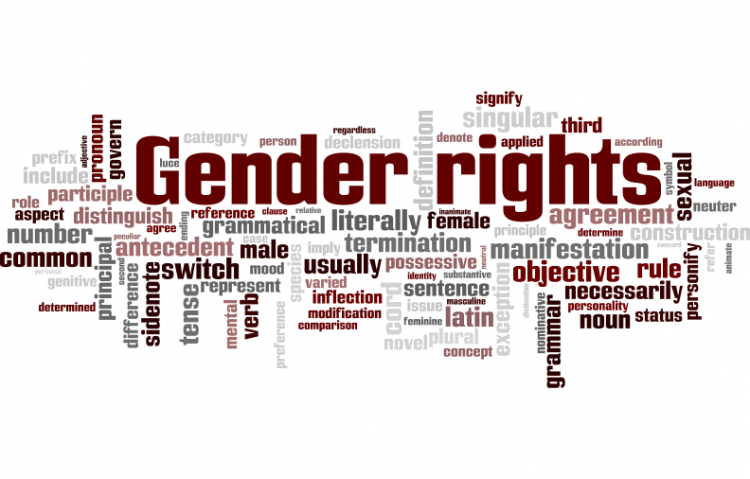
- Target:
- East Africa Community
- Region:
- Uganda
- Website:
- www.chupos.org
FGM is recognized internationally as a violation of the human rights of girls and women. It reflects deep-rooted inequality between the sexes, and constitutes an extreme form of discrimination against women.
An estimated 100 to 140 million girls and women in the world today have undergone some form of female genital mutilation, and 2 million girls are at risk from the practice each year. The great majority of affected women live in sub-Saharan Africa. It is nearly always carried out on minors and is a violation of the rights of children. The practice also violates a person's rights to health, security and physical integrity, the right to be free from torture and cruel, inhuman or degrading treatment, and the right to life when the procedure results in death.
Female genital mutilation (FGM) comprises all procedures that involve partial or total removal of the external female genitalia, or other injury to the female genital organs for non-medical reasons.
The practice is mostly carried out by traditional circumcisers, who often play other central roles in communities, such as attending childbirths. However, more than 18% of all FGM is performed by health care providers, and this trend is increasing.
Background of FGM in East Africa
In Kenya, evidence from the Kenya Demographic and Health Surveys (KDHS) shows that, in 2008/9, 27% of women had undergone FGM. The practice has remained highest among the Somali (97%), Kisii (96%), Kuria (96%) and the Maasai (93
In Uganda, the Sabiny, Pokot and Tepeth communities continue to practice FGM which is deeply rooted in tradition.
In Tanzania Female Genital Mutilation is traditionally performed on women. The most affected areas include Arusha, Kilimamnjaro, Dodoma, Singida, Mara and Morogoro regions,other regions include Iringa, Mbeya, and Zanzibar. According to Tanzania health statistics, FGM affects 18 percent of the female population in Tanzania.
No health benefits, only harm
FGM has no health benefits, and it harms girls and women in many ways. It involves removing and damaging healthy and normal female genital tissue, and interferes with the natural functions of girls' and women's bodies.
Immediate complications can include severe pain, shock, hemorrhage (bleeding), tetanus or sepsis (bacterial infection), urine retention, open sores in the genital region and injury to nearby genital tissue.
Long-term consequences can include:
- Recurrent bladder and urinary tract infections;
- Cysts;
- Infertility;
- An increased risk of childbirth complications and newborn deaths;
- The need for later surgeries.
For example, the FGM procedure that seals or narrows a vaginal opening (type 3 above) needs to be cut open later to allow for sexual intercourse and childbirth. Sometimes it is stitched again several times, including after childbirth, hence the woman goes through repeated opening and closing procedures, further increasing and repeated both immediate and long-term risks.
We, the undersigned, call on East Africa Governments to take firm actions to eliminate Female Genital Mutilation because its an extreme form of discrimination against women, violates girls and women's rights to health and has not health benefits.
You can further help this campaign by sponsoring it
The Demand for firm action against Female Genital Mutilation petition to East Africa Community was written by Ahabwe Mugerwa Michael and is in the category Gender Rights and Issues at GoPetition.